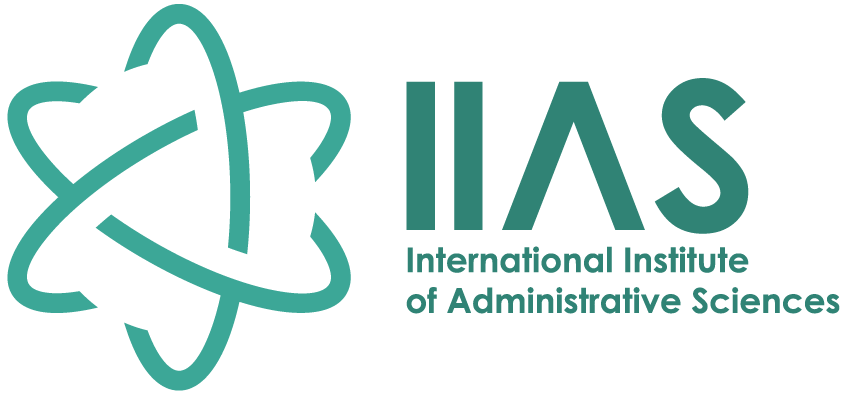International Institute of Administrative Sciences (IIAS)

- 05 Jun 2025
In News:
India has secured the Presidency of the International Institute of Administrative Sciences (IIAS) for the term 2025–2028, marking a historic first for the country since becoming a member in 1998. The victory affirms India’s growing influence in the field of global public administration.
About IIAS
- Established: 1930
- Headquarters: Brussels, Belgium
- Nature: A global federation of 31 Member States, 20 National Sections, and 15 Academic Research Centres, dedicated to collaborative scientific research in public administration.
- Core Objectives:
- Promote collaboration on public governance solutions.
- Accredit academic and professional training programs in public management.
- Disseminate research and best practices in administrative sciences.
Although not formally affiliated with the United Nations, IIAS actively participates in UN mechanisms like the Committee of Experts on Public Administration (CEPA) and the UN Public Administration Network (UNPAN).
India’s Role and Election to Presidency
- India has been a Member State of IIAS since 1998, represented by the Department of Administrative Reforms and Public Grievances (DARPG).
- For the 2025–2028 term, Prime Minister Narendra Modi nominated V. Srinivas, Secretary, DARPG, as India's candidate in November 2024.
- Election Process:
- Hearings were held at Bharat Mandapam, New Delhi in February 2025.
- Four countries—India, South Africa, Austria, and Bahrain—submitted nominations.
- The final vote on June 3, 2025, saw India and Austria advance to the final round.
- Out of 141 votes, India secured 87 votes (61.7%), while Austria received 54 votes (38.3%).
Significance for India
- This marks India’s first Presidency of IIAS.
- The victory enhances India's position in global governance and showcases its administrative capabilities on an international platform.
- It also aligns with India’s focus on reforming and modernizing public administration through digital governance and institutional capacity-building.
